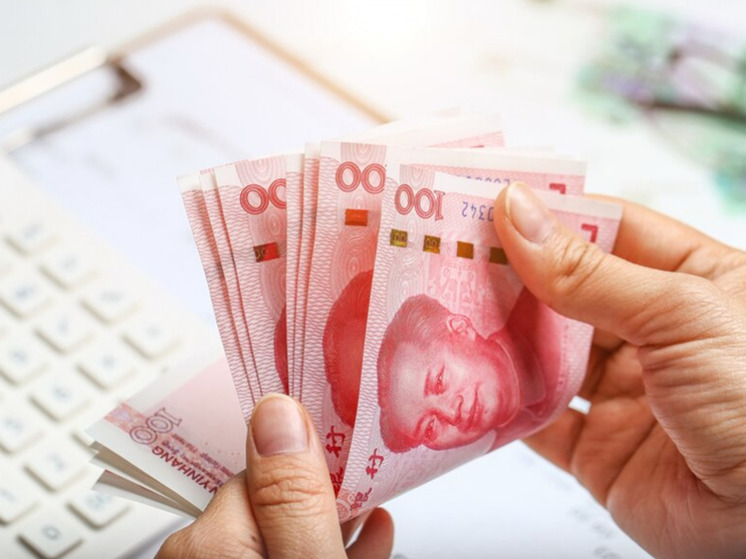“You’ll have to carry suitcases with currency”
The problem with Chinese banks is growing like a snowball. Not a day goes by without news of yet another Chinese credit institution refusing to accept payments from the Russian Federation. The reason is clear — the threat of falling under secondary sanctions of the US Treasury. But what should Russian business do in this situation, for which the stability of trade relations with its southeastern neighbor is almost a matter of life and death?

The list of Chinese banks that have stopped accepting payments from Russia in yuan has been supplemented by the largest ICBC, as well as China Citic Bank (10th place in capitalization), Industrial Bank (12th place) and Bank of Taizhou. Payments for industrial goods have become especially complicated, although China can still skip transactions for ordinary consumer products. Mostly small financial institutions continue to work with Russia, although they are already beginning to follow the example of large banks and introduce tightening measures. For example, in February, the Chinese Chouzhou Commercial Bank (78th place in terms of capitalization) stopped all settlements with clients from the Russian Federation. Although previously Russian importers relied on it — because of the relatively soft compliance, that is, the procedure for checking a current or potential client by the bank.
According to the commercial director of the Impaya Rus company, Alexey Razumovsky, today Chinese banks return about 70-80% of transactions. At first, the payment just hangs, the client is asked to fill out additional forms, the verification continues for a long time, and then the transaction is refused. And without explanation.
Meanwhile, China remains the main foreign trade partner of the Russian Federation. According to the General Administration of Customs of the People's Republic of China, in 2023, imports to Russia amounted to $110.9 billion, with more than 58% of supplies coming from three product categories: equipment and mechanical devices ($25.1 billion), land transport ($22.5 billion), electrical machines and electrical equipment ($17 billion). The further fate of bilateral trade (more precisely, the supply of Chinese products to Russia) will largely depend on the development of the situation with interbank payments.
we asked the head of the analytical department of BKF bank Maxim Osadchy.
“It definitely won’t be better,” the expert answered. — On the one hand, so far not a single Chinese bank has been included in the SDN list of the US Treasury due to anti-Russian sanctions. However, there are already quite a lot of Chinese companies on this “black list” that ended up there precisely in connection with restrictive measures against Russia. China's banks are aware of the seriousness of the risks. For them, the benefits from economic cooperation with the West far outweigh the benefits from trade with the Russian Federation. Chinese banks do not want to fall under secondary sanctions and suffer losses due to the loss of the ability to service customer payments in dollars. For Russia, the problem is aggravated by the fact that other friendly states, in particular Turkey and the UAE, have also begun to limit payments with it. Even payments to Kazakhstan are processed today with delays of two to three weeks.
— The situation, although difficult, is not hopeless: firstly, payments can be made through third countries; secondly, through subsidiaries or branches of Russian banks operating in friendly jurisdictions. Another way to circumvent sanctions is to use physical gold and cryptocurrencies in foreign economic settlements. The Central Bank of Iran is considering the possibility of creating a joint stablecoin with Russia. There is also a proven old-fashioned method — to carry suitcases with cash. Of course, these options have costs and risks, and are not as convenient as regular cashless payments using SWIFT.
— First of all, the costs of foreign trade are growing, which, naturally, negatively affects economic growth. In Russian stores you can find a lot of goods from Europe and the USA, delivered not directly, but through roundabout routes — through friendly countries. Accordingly, prices increased not only due to devaluation, but also due to rising transport costs. We have to pay intermediaries in increasingly complex logistics chains. Imports are growing not so much in volumes as in price terms. We receive goods from abroad of worse quality and in smaller quantities, but we pay more for them. In turn, the volume of Russian exports will decline due to tightening sanctions, and logistics will be more expensive.”


